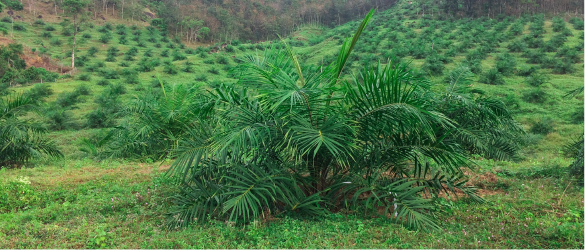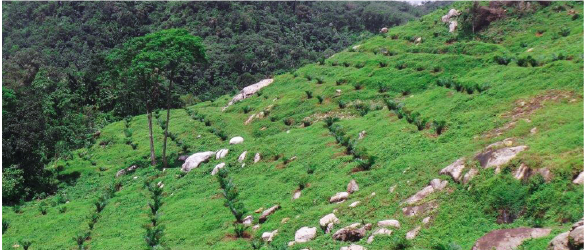Growth through
sustainable crop diversity
The Palm Oil Industry Association’s primary focus is enhancing Sri Lanka’s economic crop diversity through a competitive, resilient and sustainable palm oil sector. Representing key industry stakeholder groups, POIA aims to clarify misconceptions about the industry while advocating for strict regulation and providing guidance to ensure profitability, accountability and transparency within the industry.
More Information


